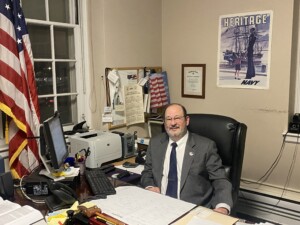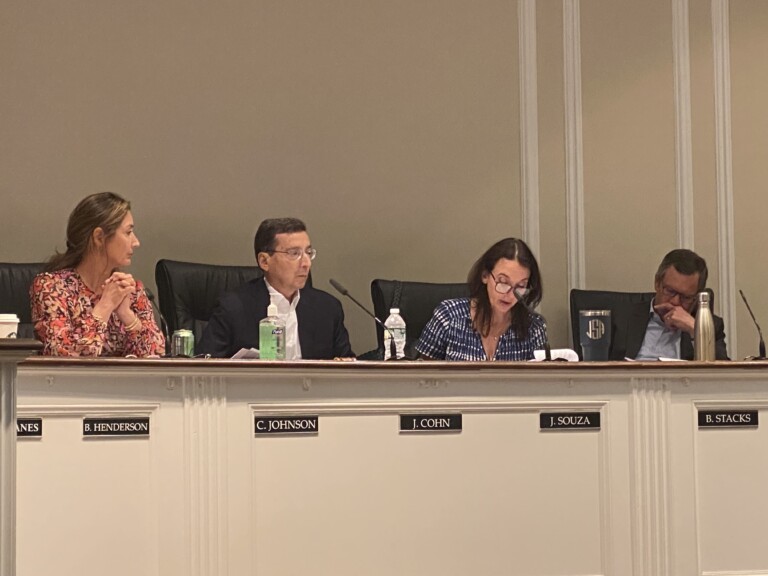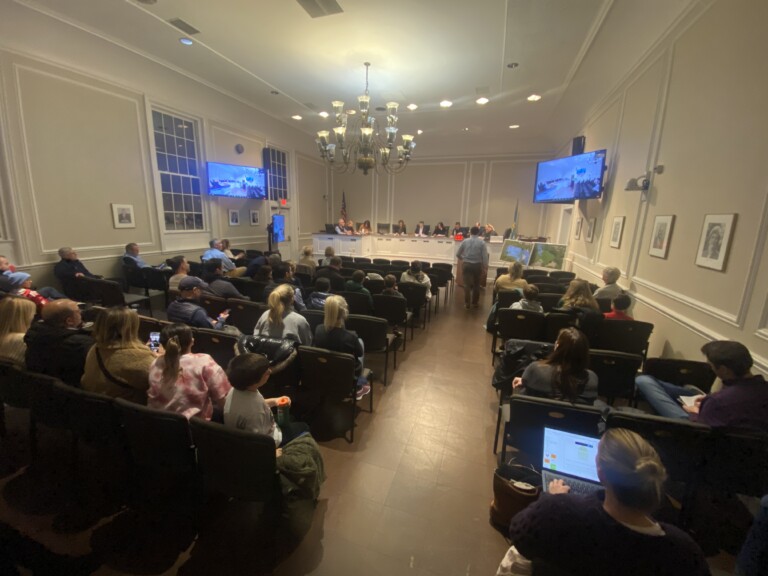Holding Court: Immunity, Part 1

Holding Court is a series by retired Rye City Court Judge Joe Latwin. Latwin retired from the court in December 2022 after thirteen years of service to the City.
What topics do you want addressed by Judge Latwin? Tell us.
By Joe Latwin

Immunity is the price we pay to avoid harassment. I have two personal experiences with immunity.
When I was on the bench, I had before me a gentleman who was evicted from three places, including from the church. He had already sued the school his son attended, its principal, the Social Service workers who sought to protect his son, the Rye Golf Club, and a few more. He was a litigious sort who had also sued a large New York law firm, several major players in the computer industry, and their officers. After I signed a warrant for his eviction on his most recent eviction case, he sued me for $100 million dollars. (I don’t make that much in a god week.)
I informed him that while he thought this would be some kind of threat to me, it wasn’t. Not only did I not have $100 million dollars, but it was impossible for him to win, and even if he won, I wouldn’t have to pay a dime, plus, the costs of my legal defense would be paid for by the taxpayers of the State of New York! I told him he was wasting his time, money and effort. That is because New York has two rules to protect judges. First, there is judicial immunity. Any acts performed in my judicial capacity were protected and I was immune from suit. Second, New York’ Public Officers Law has a provision requiring the State to defend its public officials and indemnify them for any damages awarded against them for acts within the scope of their employment.
I handed the papers he served on me to the Attorney General – the office designated to defend State officials. The Assistant Attorney General assigned to defend me made a motion to dismiss the case based upon my judicial immunity. That motion was promptly granted and the case dismissed. I was not deterred by the threat and I was free to exercise my judicial discretion without regard to threat of lawsuit.
My second run in with lawsuits was when I was on the Rye City Council and Home Depot was planning to build the store in Port Chester, but required Rye’s assent to improve the intersection at Midland Avenue and Peck Avenue. The initial decision was against Rye. Port Chester demanded that four traffic-mitigating measures be imposed, among them the widening of Midland Avenue in Rye — and Port Chester made that demand a condition for its approval of the project.
Because Midland Avenue is a county road within the City of Rye, the plans also required the County’s approval, which in turn required the City’s approval. Thus, without Rye’s go-ahead, Home Depot could not proceed. Beginning in fall 1996 with a Home Depot letter threatening damages actions unless Rye signed the county permit, tension mounted. After several executive sessions of the Rye City Council, and negotiations with Home Depot, the parties reached tentative settlement in February 1997, with Rye exacting a promise of a $200,000 payment by Home Depot and additional traffic-mitigation measures, and agreeing not to appeal an adverse decision in its second article 78 proceeding against Port Chester.
In March 1997, however, after community opposition, the City Council rejected the settlement and refused consent to the permit. Home Depot sued the Council for $50 million dollars. (This was still more than I made in a good week, especially in the 1997 period). As a July 1997 Home Depot interoffice memorandum reflects, Home Depot saw the “real value” of the action “as leverage for settlement.”
Rye has City Council resolutions that provided for defense and indemnification of Councilmembers for acts performed in their City capacity. The case went all the way up to New York’s highest court and the complaint was dismissed. I and the other City Council members were free to protect the interests of Rye without fear of threats of huge damage claims.






